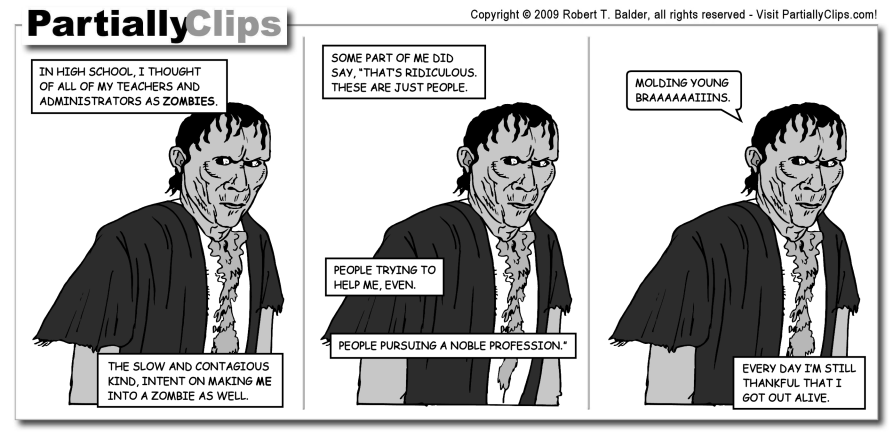Weak and wimpy language
Language Log readers seldom have the opportunity to read The Billlings Gazette. So now’s your big chance. A recent article will tell you the way things are out here in the rugged mountain west. We don’t use weak, wimpy words in this part of the country. No, siree. We drink strong coffee, we drive power vehicles, and we don’t use weak, wimpy language.
Those who remember the fallen Montana war hero, Lt. Col. Gary Derby, recently killed in one of the many wars going on these days, have only good things to say about him, including the fact that he insisted that the troops under his command avoid weak, wimpy words, like “I think,” “I might,” and “maybe.” You have to be strong, firm, and optimistic if you’re going to command your troops. Lt.Col. Derby did this very well. But this got me thinking about what happens when academic linguists testify in lawsuits.
Read the rest of this entry »
Permalink Comments off
